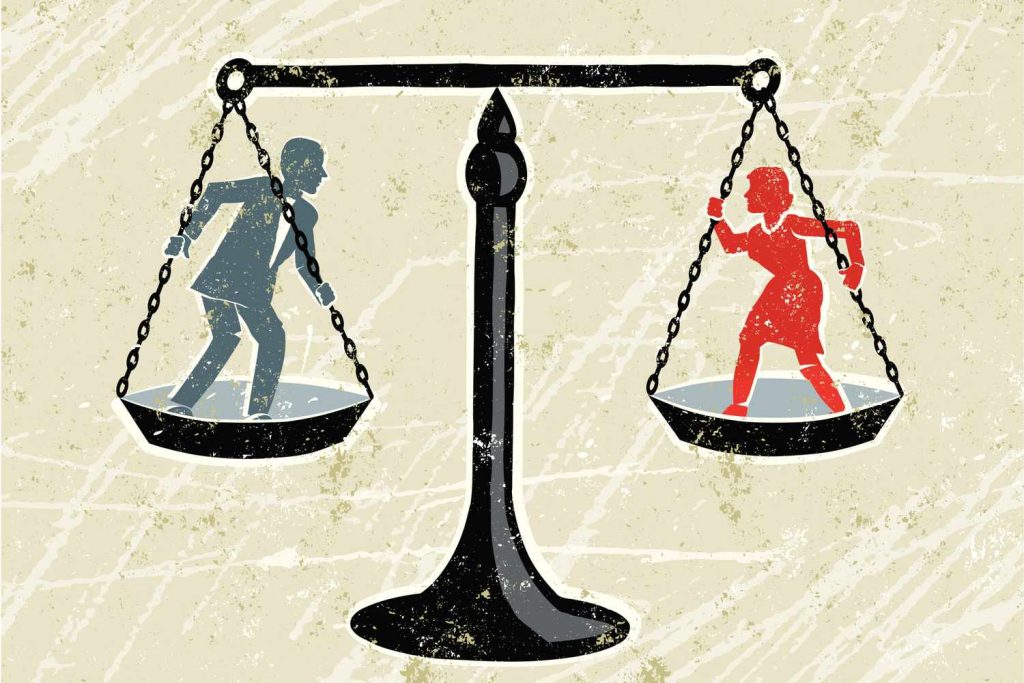Saleh Nikbakht, a lawyer, discussed the problems women face in society, stating that the biggest issue is the lack of equal rights compared to men. Among these problems are property ownership, job opportunities, societal participation, and security. These issues have led women to feel unequal in society.
He noted that in the general culture of society, women are viewed as the second gender and do not enjoy equal opportunities with men. This perspective causes women to be seen as weaker and less capable than men, leading to them being perceived as weak when facing problems.
Nikbakht added that the use of words like “weaker sex” to describe women stems from this approach. Due to this viewpoint, women in our society lack personal and job security.
This human rights activist emphasized that the main problem women face is rooted in the culture of society. Unfortunately, our laws have also been shaped by this culture, leading to legal issues for women as well.
The lawyer stressed that women face legal gaps regarding family matters, noting that the Civil Code of Iran recognizes men as the heads of families and grants them the right to choose the family residence unless this right is given to the woman in the marriage contract. Issues like this cause women to suffer from a sense of inequality with men.
He continued, stating that even though women bear the primary responsibility for raising and caring for children and play a significant role in this regard, the country’s laws are designed in such a way that women face restrictions in child-rearing and decision-making about their children’s future, with men being regarded as the final decision-makers in these matters.
This human rights activist pointed out that in marital life, society views men as having the freedom to behave as they wish with their wives. However, the truth is that national, international, and religious laws do not permit such behavior. This view is not based on our laws but is formed by traditions and customs, which have turned it into a norm.
Nikbakht noted that the difference in abilities that society assigns to men and women leads to women, who make up more than half of the population and have the capability to generate wealth, manage, and provide services, not entering social fields as much as they should. Today, apart from the educational and health sectors, in other areas such as management, commerce, and services, women do not have equal opportunities with men and are less likely to be given such opportunities.
He continued, stating that due to the cultural inequality existing for women, they either voluntarily withdraw from work or do not receive equal opportunities to hold jobs. For example, at the managerial levels, conditions are such that women are not considered.
Nikbakht emphasized that until women have a suitable and deserving status in society, laws cannot be reformed. Laws can only function properly when the necessary groundwork exists in society.
This lawyer noted that one of the most important areas for addressing women’s issues is the Islamic Consultative Assembly (Parliament). Unfortunately, the number of women in this Assembly is very low compared to the female population of the country. If laws allocate a specific minimum percentage of parliamentary seats to women, these women will be better able to consider women’s interests and necessities when drafting and passing laws.
He added that the national broadcasting organization can also take effective steps to improve the situation of women in the country by producing and broadcasting programs that change traditional views of women in society.
This human rights activist stated that as long as planning for women’s affairs is done by men with a patriarchal perspective or religious laws are interpreted by law enforcers in a way that diminishes women’s roles and marginalizes them, we will not be able to resolve women’s issues.

